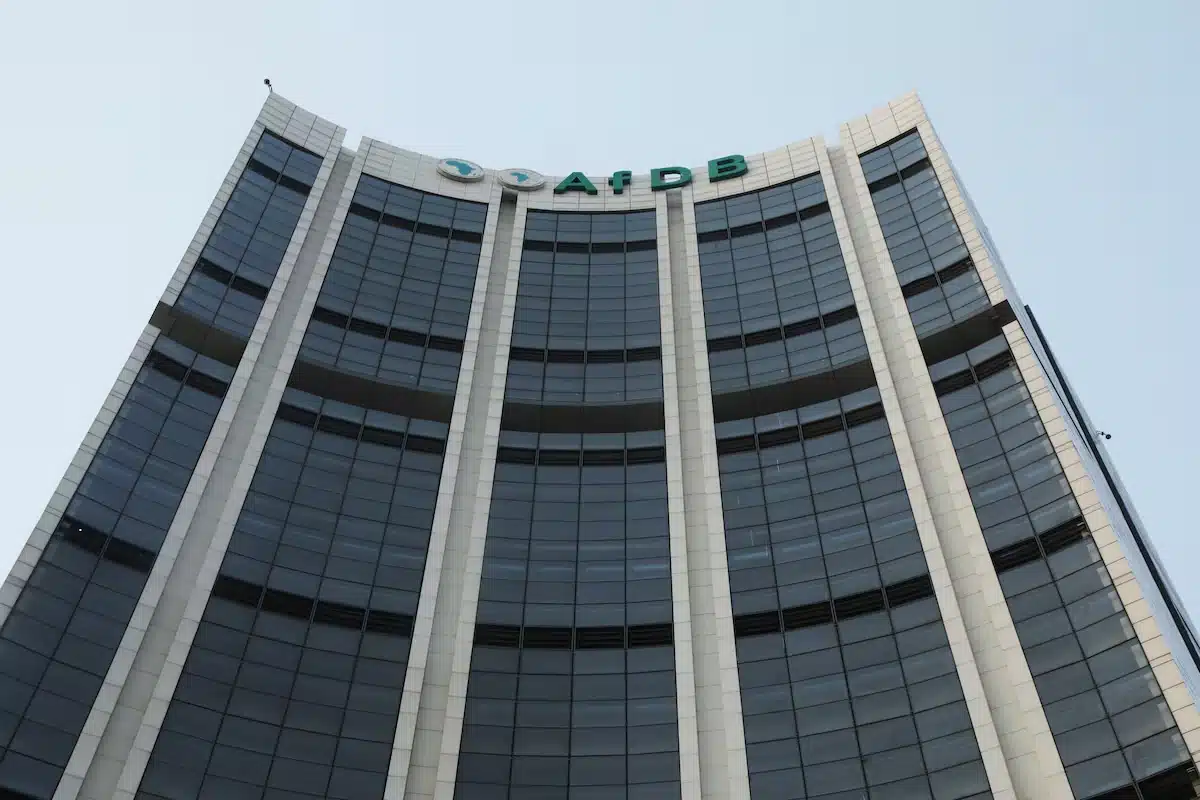The Nigerian stock market is currently on fire but there’s no need to run yet. This is because some important questions has followed the massive ₦322 billion investors gained on the 5th of February 2025, pushing the market capitalization past ₦65 trillion.
Banking stocks like FBN Holdings (FBNH) and Guaranty Trust Holding Company (GTCO) drove this surge, boosting investor confidence. But as these stocks keep climbing, certain questions linger in mind:
Who is really paying Capital gains tax?
Nigeria’s Capital Gains Tax (CGT) law imposes a 10% tax on profits from the sale of shares, but exemptions significantly reduce what the government can collect.
Investors who earn below ₦100 million annually in capital gains or reinvest their profits are not taxed. Many institutional investors also avoid CGT because they operate under tax-exempt structures like pension funds, mutual funds, and offshore holding companies, which allow them to reinvest gains without paying taxes.
This then results in only a fraction of it ending up as tax revenue despite billions changing hands in the stock market.
Even though the CGT rule was introduced in the 2021 Finance Act to increase tax collection, enforcement has been weak, with many investors structuring their transactions to avoid it entirely.
A clear proof of this is how despite the Nigerian stock market seeing transactions of about ₦2.32 trillion in 2022 and ₦3.58 trillion in 2023, CGT collection remains low, with only ₦59 billion in 2022 and ₦5.91 billion in 2023. This shows that many investors are either not reporting their gains or finding ways to avoid paying tax.
Are trading taxes and fees too low?
Beyond CGT, the government also earns revenue through trading taxes. With ₦28.8 billion worth of shares exchanged in 15,080 deals, levies like the 0.08% SEC transaction fee and stamp duties should contribute to government earnings.
However, compared to global markets, Nigeria’s transaction fees remain low. While increasing them could boost revenue, doing so might discourage trading and push investors to informal or offshore markets. Despite the recent 124% jump in trading volumes, there’s no significant increase in tax revenue from transactions, suggesting that current levies may not be enough to capture the market’s full potential.
Yes, banks are winning but what about their taxes?
The banking sector, a major driver of this market rally, is another area where tax revenue could rise. Stocks like FBNH (up 9.56%) and GTCO surged due to strong financial performance. Banks are already among Nigeria’s highest taxpayers as they contribute a total of 33% of their profits by paying 30% corporate income tax and 3% education tax alone. In theory, rising share prices should indicate higher profits, leading to increased corporate tax contributions.
However, banks often use tax planning strategies, such as deductions, provisions, and offshore subsidiaries, to minimize their tax burden. Even with record-breaking profits, there’s no guarantee that corporate tax collections will see a corresponding rise.
The stock market’s explosive growth presents an opportunity for increased tax revenue, but loopholes, weak enforcement, and investor strategies mean the government may not be collecting as much as it should.
While investors celebrate their gains, regulators must decide whether to tighten compliance or allow the market to remain a largely untapped source of tax revenue.






